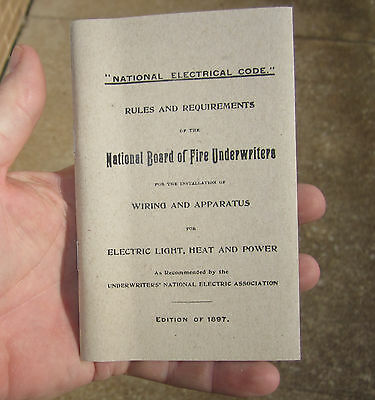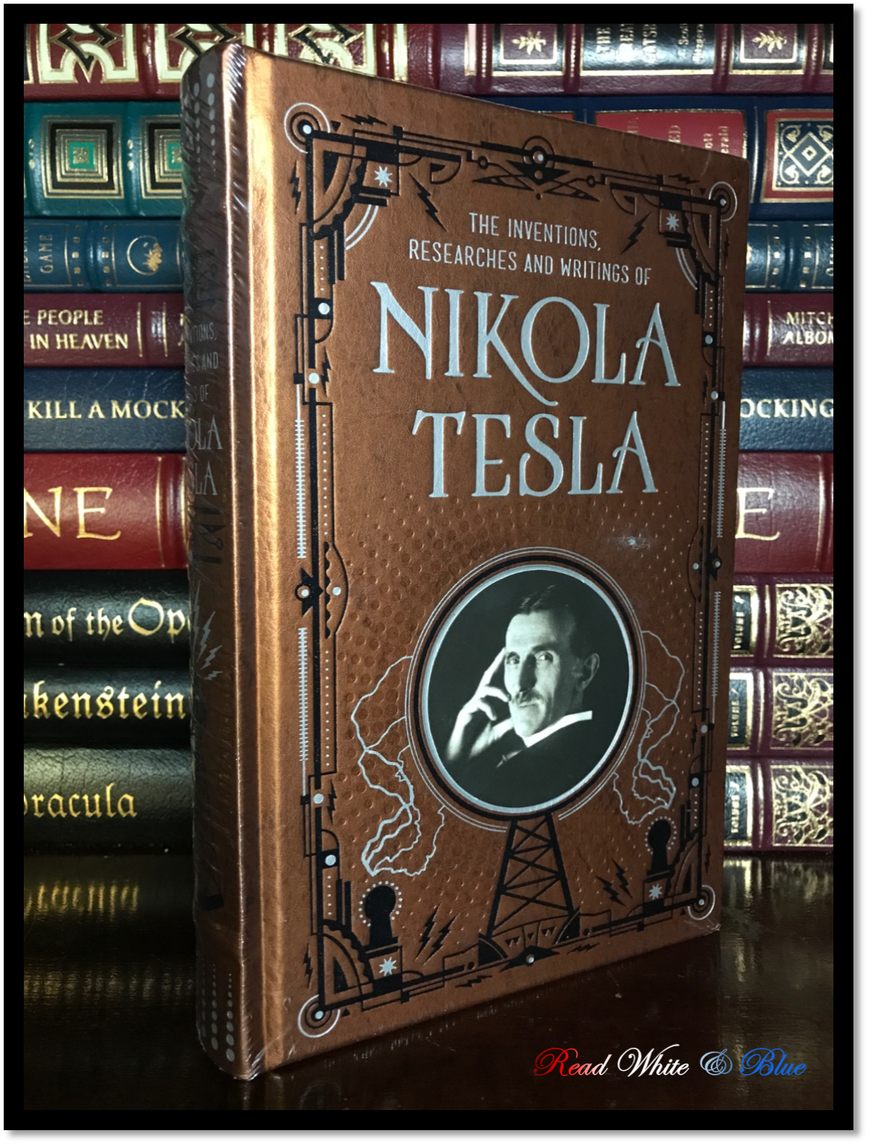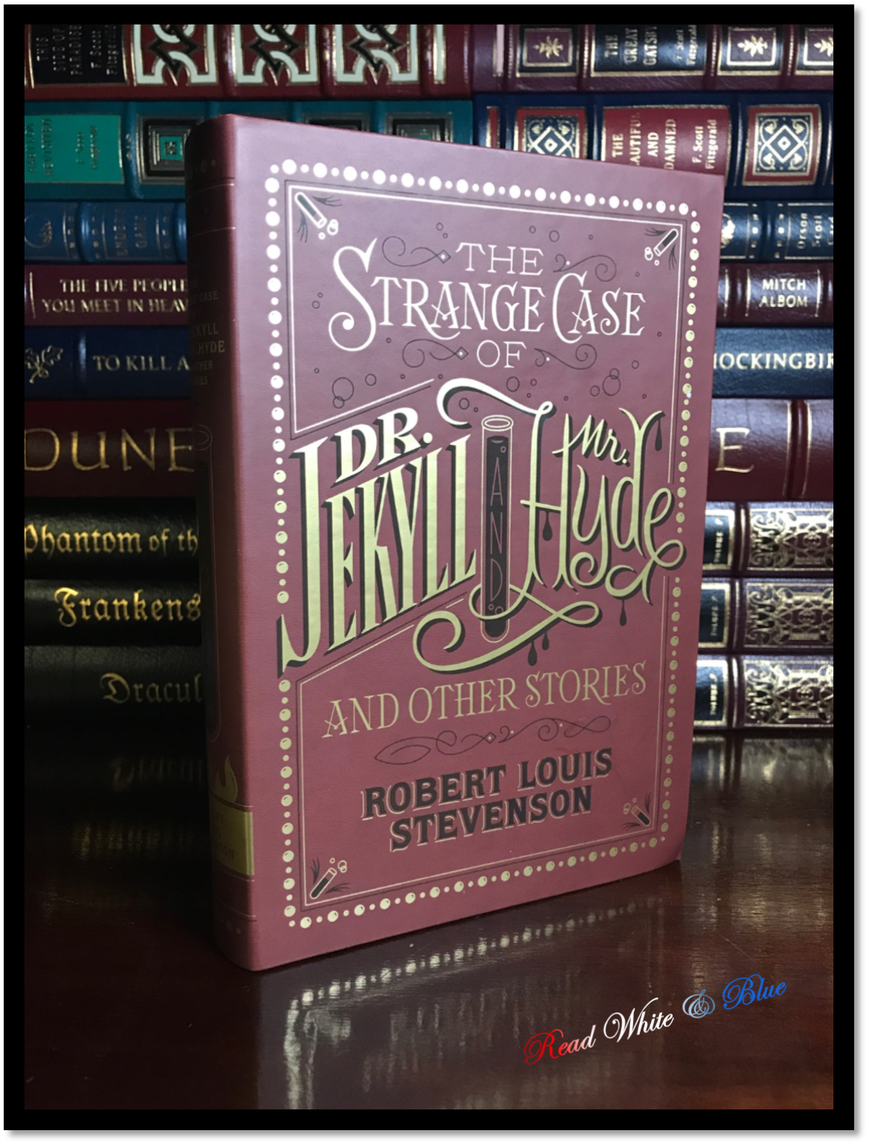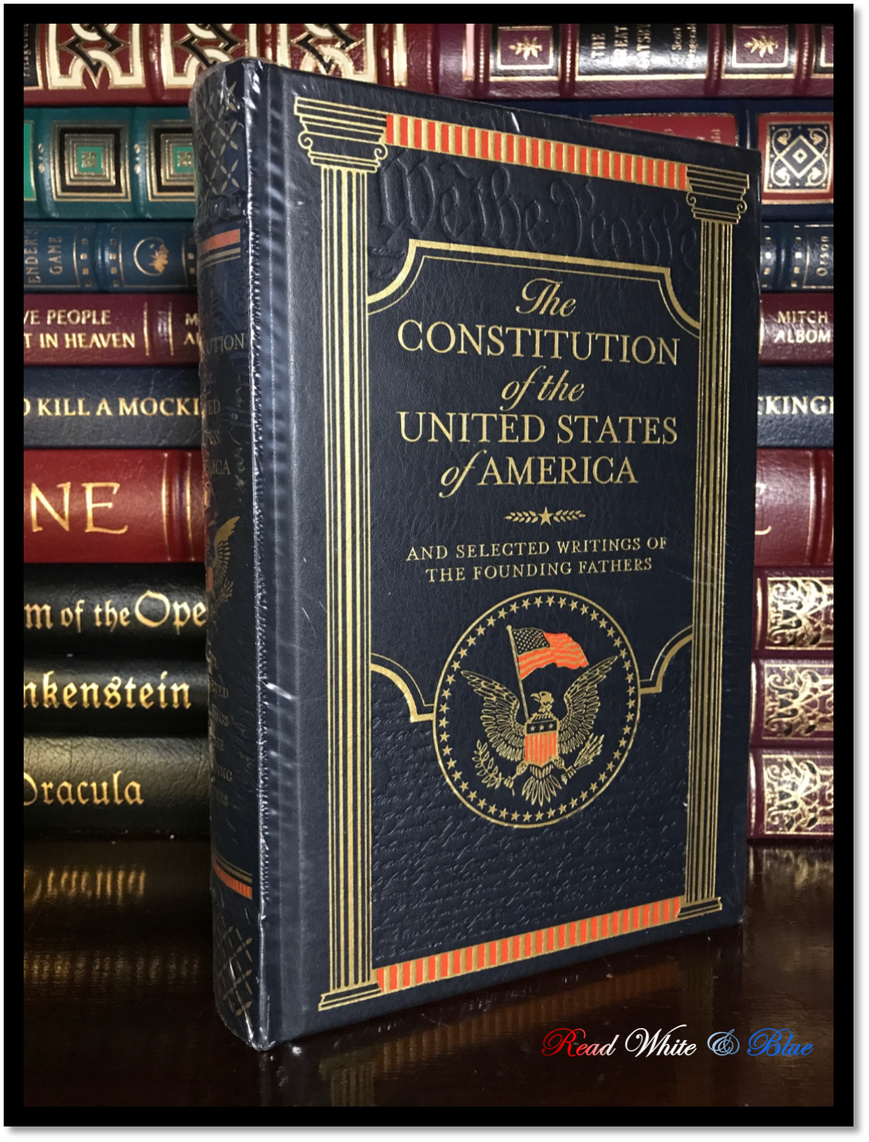-40%
1931 KONSTANTIN TSIOLKOVSKY DIRIGIBLES SELF PUBLISHED ESOTERIC SCIENCE RUSSIA
$ 435.6
- Description
- Size Guide
Description
1931 KONSTANTIN TSIOLKOVSKY DIRIGIBLES SELF PUBLISHED 1ST ED ESOTERIC SCIENCE AIRSHIPSTsiolkovsky, K.
Dirizhabli [Dirigibles/Airships].
Kaluga: Self-published, 1931. Small octavo, stapled wrappers, 32 pages. Without title page (as issued). One of 2000 printed. Number written on upper corner of front wrapper. Rare First edition. In the Russian language.
Dirigibles held a lifelong fascination over Tsiolkovsky. In this work he examines the three main body types, rubberized, tarpaulin and solid frames, listing the pros and cons of each. He was generally against airplanes as he felt dirigibles provided a more cost effective means of flight. He favorably reviews an American airship built with a metal outer shell, developed by Zeppelin, which made a global flight in 1929. Tsiolkovky’s airship designs proved too complicated for development, so he never saw the fulfilment of his plans.
The later pages of the book are filled with enthusiastic words taken from correspondence sent to him by fans.
-------------------------------------------------------------------------------------------
Konstantin Tsiolkovsky: Astronautics as Esoteric Utopian Philosophy
Konstantin Tsiolkovsky (1857-1935), a nearly deaf teacher of mathematics and physics known as the ‘shy eccentric from Kaluga’, is considered to be the ‘grandfather’ of Soviet space travel. Before the Bolshevik revolution he developed and published ideas concerning manned space stations, using liquid-propellant to send rockets into space and instructions for survival conditions in space craft. Yet Tsiolkovsky was ignored or discounted by many of his contemporaries in the scientific community because of his habit of interjecting the ‘occult’ ideas motivating him into his research.
Turn of the century Russia was steeped in esoteric philosophies and ideas, including cosmism, panpsychism, Gnosticism, Theosophy and others which promoted, in one way or another, the perfectibility of humanity. Also in the ether of the culture were ideas of space travel and alien life found in the nascent field of science fiction. Combine these two fundamental concepts and the possibility of salvation via technology becomes quite attractive.
These ideas, of which Tsialkovsky was both influencer and influenced, not only provided the philosophic motivations for his scientific and engineering inventions regarding space rockets and space travel but also served as one of the societal foundations, if somewhat hidden, of collective workers striving toward the goal of a universal Proletarian who transcends the earth to conquer other worlds and stars. Indeed, many of these esoteric ideas – the evolution of man into something approaching perfection (the Superman in Germany), use of eugenics to improve the race, technology as a religion – occurred at the beginning of a 20
th
century where totalitarian concepts of universal perfection became
de regueur.
One doubts, however, that Tsiolkovsky fully grasped the darker potential of some of these ideas. On the contrary, for him they promised a future where humanity might finally free itself of pain and suffering, and it was this more than anything that fueled his scientific achievements.
Many of the ideas in these books posited a kind of perfect man and society possible if humanity would only work together to achieve it; Tsiokovsky believed that humans would one day colonize the Milky Way on their way toward a cosmic utopia.
Because of his ostracization by his peers in the scientific community, Tsiolkovsky began self-publishing small books, booklets really, from his home in Kaluga in which he flushed out his esoteric ideas and continued to develop technological concepts. He sent these to friends and like-minded scientists, going so far as to often print his home address on the front wrapper on many of these publications so would-be correspondents could reach him. It is not unusual to find the last pages in some of these works filled with printed excerpts from letters written to him. These publications were printed in small runs, usually no more than 2000 per title. Needless to say they are quite scarce. We are pleased to offer these rarities self-published by Konstantin Tsiolkovsky, the visionary for whom science and technology was a means to transcend terrestrial gravity and with that achievement to transcend the bounds of human nature itself.












